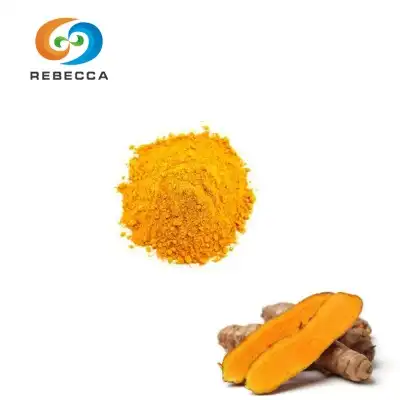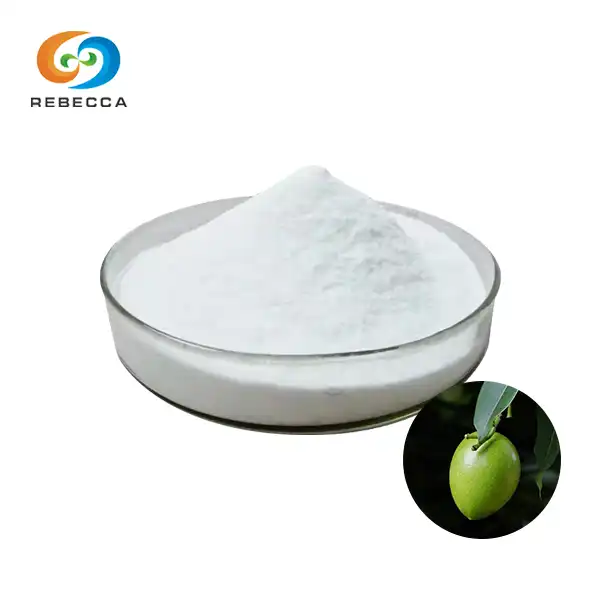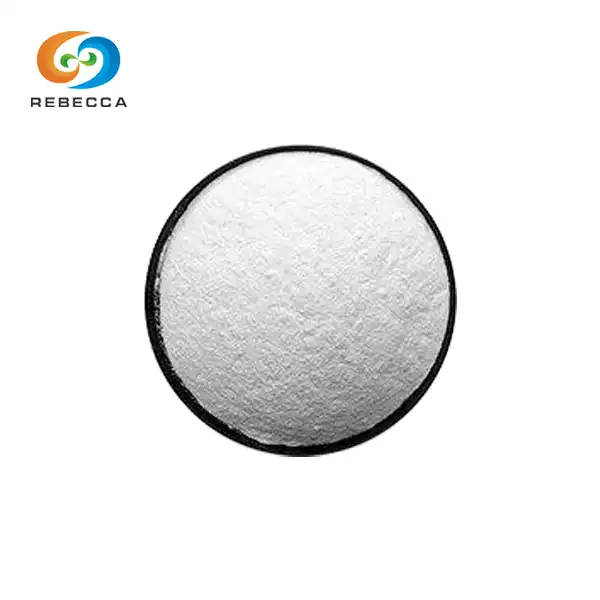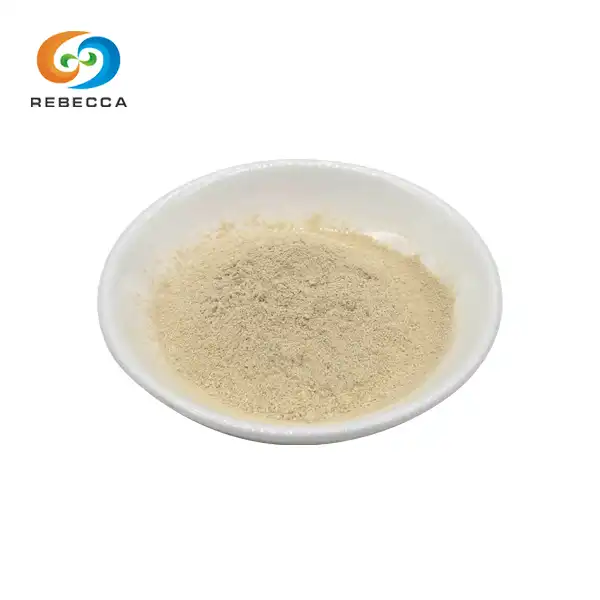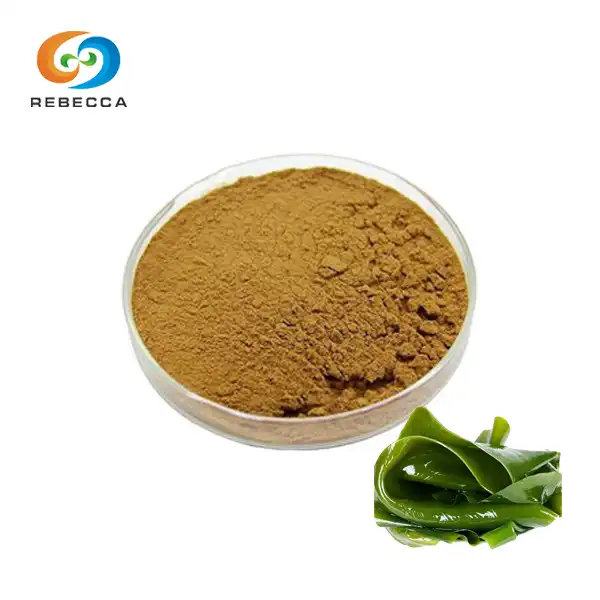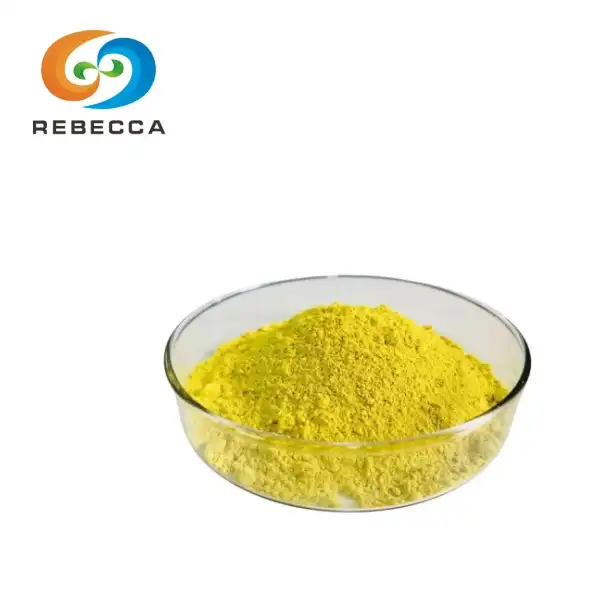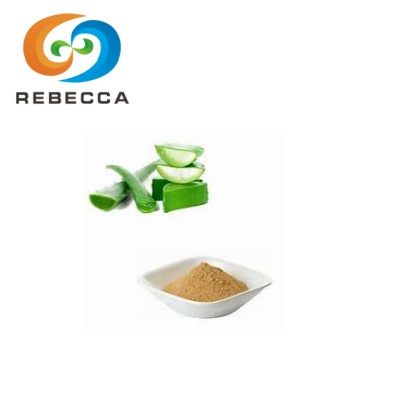Is bamboo extract safe?
Bamboo extract has gained significant popularity in recent years across various sectors, including health supplements, cosmetics, and industrial applications. This natural substance, derived from one of the world's fastest-growing plants, contains numerous beneficial compounds, with silicon being one of the most notable. As bamboo extract silicon products become increasingly prevalent in the market, many consumers naturally question their safety profile. This comprehensive analysis examines the current scientific understanding of bamboo extract safety, addressing common concerns while providing evidence-based information to help readers make informed decisions.
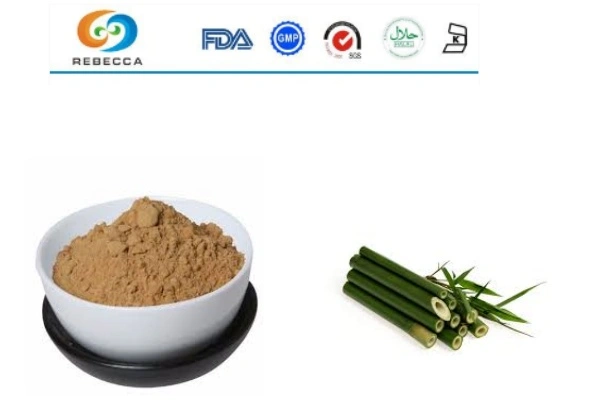
Safety in Common Uses
The safety profile of bamboo extract silicon largely depends on its application method, concentration, and production processes. When examining typical consumer applications, the evidence generally supports their safety when used as directed. Bamboo extract containing bioavailable silicon has established itself as a popular ingredient in nutritional supplements, where it primarily functions as a source of orthosilicic acid—the form of silicon most readily absorbed by the human body.
Oral consumption of bamboo extract through dietary supplements represents one of its most common uses. Research indicates that these supplements typically demonstrate favorable safety profiles when taken within recommended dosages. A comprehensive toxicological assessment published in the Journal of Food Science found minimal adverse effects associated with standardized bamboo extract consumption in controlled studies. The silicon component, specifically, has not demonstrated significant toxicity concerns when used within established dosage guidelines. The human body naturally contains silicon, particularly in connective tissues, and bamboo extract provides a plant-based source of this element that the body can process efficiently.
Topical applications in cosmetics and personal care products have similarly demonstrated good safety records. The silicon compounds derived from bamboo can function as gentle conditioning agents that strengthen hair and improve skin elasticity without significant irritation potential. Dermatological testing typically shows low allergenic potential, making these ingredients suitable for most skin types. Nonetheless, individual sensitivities can vary, and manufacturers generally recommend patch testing new products containing bamboo extract, particularly for those with sensitive skin conditions.
In food applications, bamboo extract has received Generally Recognized as Safe (GRAS) status for certain uses, indicating substantial evidence supporting its safety when consumed as a food ingredient. The silicon component occurs naturally in many foods, including whole grains and vegetables, further supporting its safety profile as a dietary constituent. Bamboo extract silicon, when used as a food additive, typically appears in small quantities that pose minimal risk to consumers.
Quality control represents a critical factor influencing bamboo extract safety. Products sourced from reputable manufacturers who adhere to Good Manufacturing Practices (GMP) generally demonstrate greater consistency in composition and purity. Premium bamboo extract products undergo rigorous testing for contaminants, including heavy metals, pesticides, and microbiological agents. These quality assurance measures significantly reduce potential risks associated with impurities that might otherwise compromise product safety.
Dosage considerations play an essential role in ensuring the bamboo extract silicon. While moderate consumption appears safe for most individuals, excessive intake may potentially lead to issues. Some research suggests that extremely high silicon intake (far beyond typical supplemental doses) might theoretically affect certain enzymatic processes, though such effects generally require amounts difficult to achieve through normal supplement use. Manufacturers typically establish recommended dosages based on safety data, and consumers should adhere to these guidelines unless otherwise directed by healthcare providers.

Special Populations
While bamboo extract silicon demonstrates a favorable safety profile for the general population, certain demographic groups merit special consideration. Pregnant and breastfeeding women often face unique concerns regarding supplement safety that extend to bamboo extract products. Currently, limited research specifically examines bamboo extract use during pregnancy and lactation. This research gap has led most healthcare providers to adopt a cautious approach, typically recommending that pregnant and nursing mothers consult with healthcare professionals before initiating bamboo extract supplementation.
The physiological changes occurring during pregnancy potentially alter how the body processes various substances, including the silicon compounds in bamboo extract. While silicon represents an essential trace element present in prenatal vitamins, the specific effects of concentrated bamboo-derived silicon during pregnancy require further investigation. Some preliminary research suggests silicon plays important roles in fetal development, particularly in bone formation, but dosage optimization remains unclear. Medical professionals generally advise pregnant women to obtain nutrients primarily through a balanced diet rather than supplements when possible.
Children and adolescents constitute another population requiring special consideration regarding bamboo extract silicon safety. Growing bodies process nutrients differently from adult systems, potentially affecting how they utilize silicon compounds. Limited pediatric research exists specifically addressing bamboo extract safety in children, leading most manufacturers to formulate their products primarily for adult use. Parents considering silicon supplements for children should consult pediatric healthcare providers who can evaluate individual circumstances and provide personalized guidance.
Individuals with certain medical conditions may experience different responses to bamboo extract silicon compared to the general population. Those with kidney dysfunction warrant particular attention, as this organ system plays a crucial role in silicon metabolism and excretion. Patients with compromised kidney function might potentially accumulate silicon compounds differently than those with healthy renal systems. Additionally, individuals taking medications that affect mineral absorption or metabolism should consult healthcare providers before initiating bamboo extract supplementation to avoid potential interactions.
People with autoimmune conditions represent another group requiring careful consideration. While limited evidence suggests silicon compounds might influence immune function, the specific effects of bamboo extract silicon on autoimmune processes remain inadequately characterized. Individuals managing these conditions should discuss bamboo extract supplements with specialists familiar with their particular health circumstances before use.
Allergy considerations merit attention when evaluating bamboo extract safety for special populations. While true allergic reactions to bamboo extract appear relatively uncommon, individual sensitivities can occur. People with known plant allergies, particularly to grasses (botanically related to bamboo), might theoretically experience cross-reactivity. Manufacturers typically recommend that individuals with extensive allergy histories introduce bamboo extract products gradually while monitoring for adverse reactions.
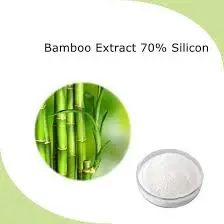
Regulatory Status
The regulatory framework governing bamboo extract silicon varies significantly across global jurisdictions, directly influencing product safety standards and consumer protection measures. In the United States, the Food and Drug Administration (FDA) oversees bamboo extract products differently depending on their intended use and marketing claims. Dietary supplements containing bamboo extract fall under the Dietary Supplement Health and Education Act (DSHEA) regulations, which require manufacturers to ensure product safety before marketing but do not mandate pre-market approval. This regulatory approach places substantial responsibility on manufacturers to maintain quality standards while giving consumers access to natural products.
The FDA has addressed bamboo-derived ingredients specifically in certain contexts. In 2020, the agency clarified its position on bamboo fiber as a food additive, distinguishing between approved and unapproved uses. While this guidance primarily addressed fiber content rather than silicon compounds, it demonstrates regulatory attention to bamboo-derived ingredients. Manufacturers incorporating silicon in products must comply with labeling requirements, including accurate ingredient declaration and avoidance of unsubstantiated health claims.
European regulatory frameworks approach bamboo extract silicon through different mechanisms. The European Food Safety Authority (EFSA) evaluates food additives and novel food ingredients, including plant extracts, establishing safety parameters for their use. Cosmetic applications fall under the European Union's Cosmetic Products Regulation, which maintains a database of ingredients (CosIng) that includes various bamboo-derived components. These regulatory structures implement pre-market safety assessments more extensively than U.S. systems, potentially providing additional consumer protection measures.
Asian markets, particularly in countries where bamboo has traditional uses, often have established regulatory frameworks for bamboo extract products. Japan's regulatory system includes specific provisions for plant-derived ingredients with historical use, potentially streamlining approval processes for certain bamboo extract applications. Similarly, South Korea's regulatory framework acknowledges traditional plant uses while implementing modern safety standards. These approaches balance cultural heritage with contemporary safety science, creating nuanced regulatory environments for bamboo extract silicon products.
Industry self-regulation complements governmental oversight, with various certification programs establishing additional quality standards. Organizations like NSF International, USP (United States Pharmacopeia), and the Natural Products Association have developed voluntary certification programs that verify product quality through independent testing. Manufacturers participating in these programs typically undergo facility inspections and product testing exceeding minimal regulatory requirements. These certifications provide consumers with additional assurance regarding product safety and quality beyond basic regulatory compliance.
Rebecca: Bamboo Extract Silicon Supplier
At Rebecca Bio-Tech, we prioritize safety and quality in all our bamboo extract silicon products. Our rigorous testing protocols and adherence to international standards ensure you receive premium ingredients that meet the highest safety specifications.
Specification: Organic silicon, Min 70%, UV.
Test Method: UV
For more information or to place an order, please reach out to us at information@sxrebecca.com.
Reference
Jugdaohsingh R. Silicon and bone health. J Nutr Health Aging. 2007;11(2):99-110.
Powell JJ, McNaughton SA, Jugdaohsingh R, et al. A provisional database for the silicon content of foods in the United Kingdom. Br J Nutr. 2005;94(5):804-812.
Jurkić LM, Cepanec I, Pavelić SK, Pavelić K. Biological and therapeutic effects of ortho-silicic acid and some ortho-silicic acid-releasing compounds: New perspectives for therapy. Nutr Metab (Lond). 2013;10(1):2.
